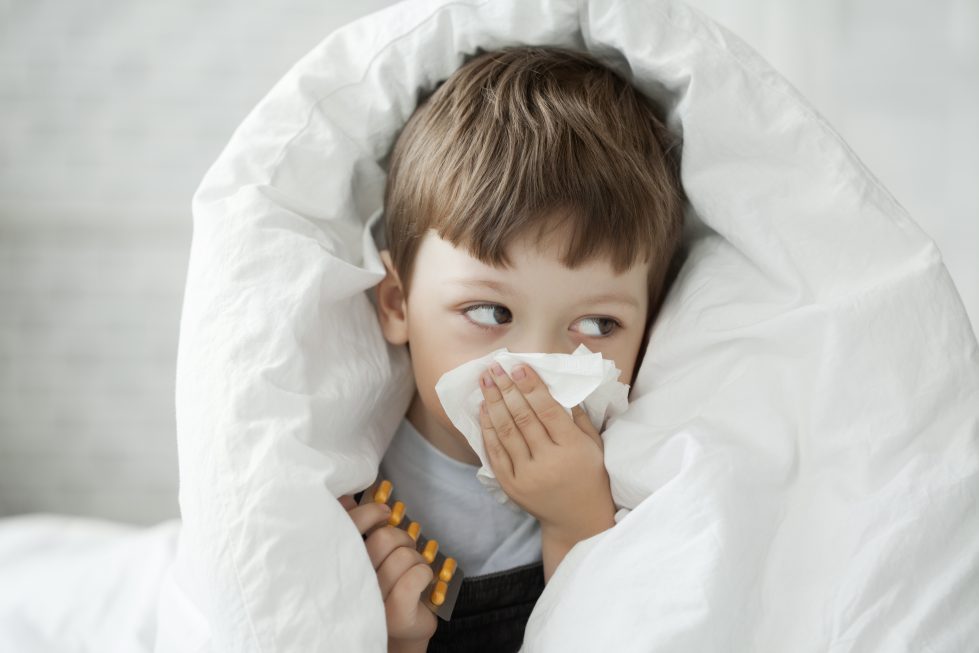Is Your Child Suffering from Allergies?
Is Your Child Suffering from Allergies?
Approximately 20% of children and adults suffer from allergies. An allergy is the body’s immune system reacting to environmental elements.
In general, children are more sensitive to allergies than adults. The development of allergies is genetic; if a biological parent has allergies the child has a 75% chance of getting them.
The most common allergies are to food, house dust mites, animal dander and pollen. These allergies can result in hay fever, asthma, and eczema.
Symptoms of Allergies in a Child:
●Hives
●Runny nose
●Itching or swelling of the lips, tongue or throat
●Upset stomach, cramps, bloating or diarrhea
●Wheezing or difficulty breathing
What Tests are Available for Allergies?
Skin Prick Tests:
An allergy specialist can inject a small amount of allergy triggers into the skin using a needle. If your child is sensitive to a particular allergen, a raised bump will appear called a “wheal”. The wheal will be bigger depending on how sensitive your child is to a substance. This type of test may not be appropriate for young children scared of needles.
RAST Test:
Your pediatrician can administer a RAST test (radioallergosorbent test) which use radioactive or enzyme markers to detect antibodies. The RAST test is ideal for children scared of needles or children who have the potential for a severe reaction to allergens.
Your doctor will determine which test is best for your child. Regardless of the test given, both types are about 90% accurate. In addition to the test, your doctor will evaluate family history and perform a physical evaluation.
Treatment for Allergies:
If your child tests positive for allergies, your doctor will help you determine a treatment plan. Your doctor might suggest medicine or suggest ways to cut down or eliminate substances that can cause an allergic response in your child. Many allergies are mild to moderate and can be easily managed with an effective treatment plan.
Staying Active during Allergy Season:
If your child suffers from Cedar Fever, Hay Fever or other pollen allergies, he or she shouldn’t play outside when the pollen count is high. The National Allergy Bureau tracks pollen counts across the country. The pollen count for the Austin area is tracked from Georgetown. You can sign up for an allergy e-mail alert to stay informed.
It is important for your child to stay active indoors if they can’t go outside to play due to allergies. Games such as Wii Fit and X-Box Kinect can help get your child moving and entertained!
Call the Pediatric Center of Round Rock at (512) 733-5437 if you are concerned your child may be suffering from allergies.
Visit these resources for more information:
Controlling Allergies So Your Child Can Play Outside
Asthma and Allergy Foundation of America


 Previous Post
Previous Post Next Post
Next Post



